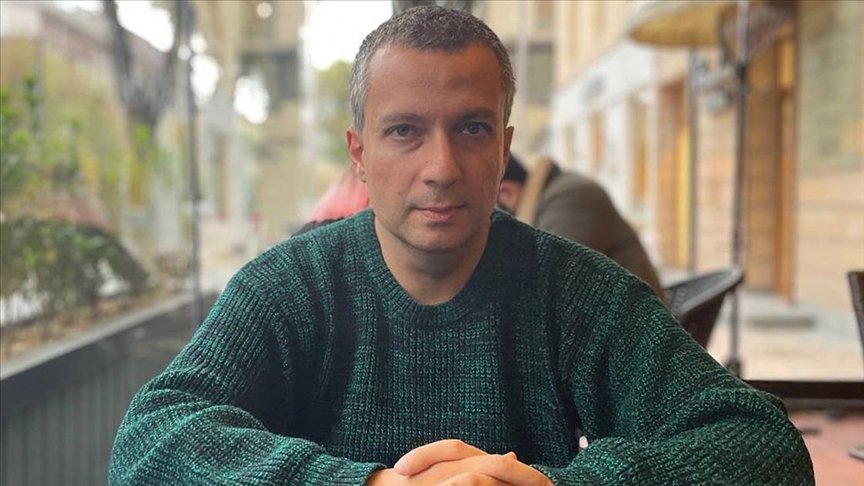YEREVAN | September 03, 2025
Senior analyst Benyamin Poghosyan says Armenia is navigating a precarious moment in world politics as the old unipolar order gives way to a fluid, post-unipolar landscape.
Speaking on the Armenian News Network Groong’s Week in Review, the APRI Armenia fellow argued that the Shanghai Cooperation Organization (SCO) summit in Tianjin underscored the growing weight of non-Western powers, while highlighting Armenia’s effort to balance multiple, often contradictory partnerships.
Post-unipolar interregnum
“Western elites themselves admit the unipolar world is over,” Poghosyan said. “We are in an interregnum — the old order ended, but no new one has yet emerged.”
He described the SCO as a “grouping of non-Western states” encompassing China, Russia, India, and Iran, commanding nearly a third of global GDP and close to half the world’s population.
China partnership still symbolic
Armenia used the summit to sign a strategic partnership with China, following similar moves by Georgia and Azerbaijan. Poghosyan cautioned that the agreement risks being symbolic unless backed by tangible investment projects, citing nuclear energy and renewables as areas where Beijing could make a difference.
TRIPP corridor remains undefined
On the U.S.-brokered TRIPP project — often described by Baku as the “Zangezur Corridor” — Poghosyan insisted there is “zero agreement” between Armenia and Azerbaijan on how it would function. Even the U.S.-Armenia understanding is vague, he said, and a legally binding document will be needed to determine customs, security checks, and sovereignty.
“Iranians are asking concrete questions, and Yerevan cannot provide concrete answers, because the details don’t exist,” he warned.
OSCE Minsk Group dissolved
The recent dissolution of the OSCE Minsk Group, long tasked with mediating the Karabakh conflict, effectively removes any international platform for discussing the rights of displaced Armenians from Artsakh.
“This leaves the issue to nowhere,” Poghosyan said, adding that only civil society and the diaspora can keep the question alive unless Armenia’s politics change.
Moscow–Baku tensions
Poghosyan also noted the deterioration in Russia–Azerbaijan relations after President Ilham Aliyev labeled Russia an “occupier” and criticized its war in Ukraine.
“Aliyev increasingly believes his own propaganda that Azerbaijan is a middle power,” Poghosyan said. “But Moscow will respond, sooner or later, and it won’t be mild.”
UK and U.S. agendas
He argued that Britain’s priority in the South Caucasus remains weakening Russia’s position and ensuring an east-west transit link via Syunik. Western capitals, he suggested, are less concerned with Armenia’s north-south access to Iran and Russia.


